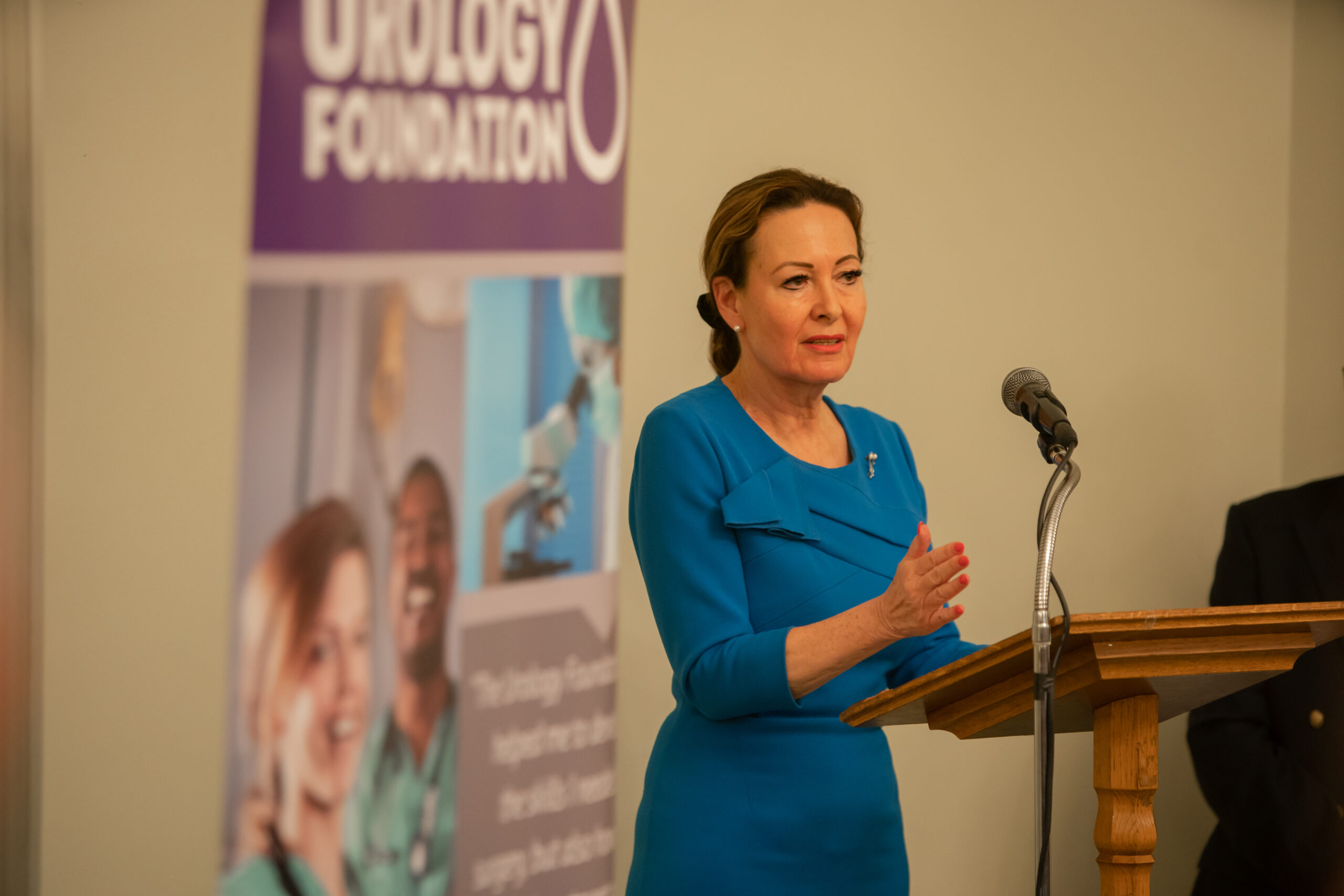Artificial intelligence (AI), machine learning, and deep learning have huge potential to transform the healthcare sector in the UK. The adoption of AI as a medical tool within the NHS would accelerate the government’s mission, as set out in the NHS 10-Year Plan, to shift healthcare from analogue to digital systems.
These technologies are more than just innovations – they are devices that could address key challenges across the healthcare system, helping clinicians to make faster and more informed decisions for patients. From diagnostic imaging to patient monitoring and predictive analytics, the scope of AI as a medical tool is vast and far-reaching.
The Medicines and Healthcare products Regulatory Agency (MHRA) has signalled its intentions to support this transformation through the AI Airlock: a regulatory sandbox for AI as a medical tool. The Airlock hopes to provide a safe, structured environment where innovative AI devices can be tested in real or semi-real clinical settings before full-scale rollout into the broader healthcare system.
The Airlock represents a confident, forward-looking approach to bringing high-risk AI into healthcare safely and quickly, cementing the UK’s position as a frontrunner in responsible medical AI innovation. It also shows that the government is taking a pro-innovation stance towards the digitalisation of health.
However, successfully navigating and regulating AI as a medical tool comes with many challenges.
Firstly, the sector itself is currently largely unregulated. AI as a medical tool will straddle multiple regulatory areas and departments across government, making policy navigation complex.
There is also a toss-up between seeking the first-mover advantage in this emerging market – whilst simultaneously lacking a clear set of principles or regulations to follow. The field is incredibly fast moving, so regulation must keep pace with the speed and scope of innovation to enable the effective use of new technologies. This is doubly true as the UK, no longer bound by EU regulations, now charts its own course in this space.
Patient safety is another key consideration. Alongside the Airlock, the MHRA has launched a National Commission into the Regulation of AI in Healthcare, which will develop a new framework for AI safety and efficiency in this space. Led by Professor Alastair Denniston, head of the UK’s Centre of Excellence in Regulatory Science in AI & Digital Health and deputy chaired by Patient Safety Commissioner Henrietta Hughes, the commission will guide the MHRA on how AI tools can be integrated safely and effectively.
Whilst safety is key here, more so than in any other area of AI regulation, there is also a delicate trade-off with innovation. The government seeks to make the UK market appealing to investors and encourage AI companies to manufacture and scale their products here, so striking the right balance will be essential to ensuring that the UK retains its advantage.
A further challenge is data collection. To be effective, AI systems require vast amounts of high-quality data – yet in many cases throughout our healthcare system, data is incomplete, fragmented, or lost in the ether. This affects not only accuracy and efficiency, particularly given the lack of standardised data formats across healthcare systems up and down the country, but also relates back to patient safety and privacy. There is also another necessary trade-off to consider here too: while sharing and pooling data can accelerate innovation, it also introduces significant ethical and security considerations.
Finally, cybersecurity risks must not be overlooked. As medical devices become increasingly connected, their reliance on digital technology makes them more vulnerable to cyber threats. It is essential that cyber risks are rigorously assessed and accounted for from the design to deployment of AI-driven technologies. Robust cybersecurity standards, regular system monitoring, and clear, effective communication from the top will be critical to protecting sensitive patient data and maintaining public confidence in an increasingly technophobic environment.
AI as a medical tool has the potential to transform healthcare – but only if we get the regulatory framework right from the off. The government has the tricky task of developing a foolproof system that maintains patient safety, inspires public confidence, and allows innovation to flourish. To remain competitive, businesses developing or deploying AI-driven medical technologies should engage proactively with policymakers to demonstrate how their technology can help drive the government’s wider growth agenda and serve public health.
Experts in effecting change
At Whitehouse Communications, we help organisations operating at the cutting edge of medical technology and healthcare to navigate complex regulatory landscapes and engage strategically with policymakers.
Our cross-sector expertise and deep understanding of government priorities mean we can help your business shape its messaging, anticipate regulatory developments, and position itself as a trusted partner in responsible AI innovation.
If you would like to understand more about what these developments mean for your organisation, please get in touch with our specialist team at info@whitehousecomms.com.


